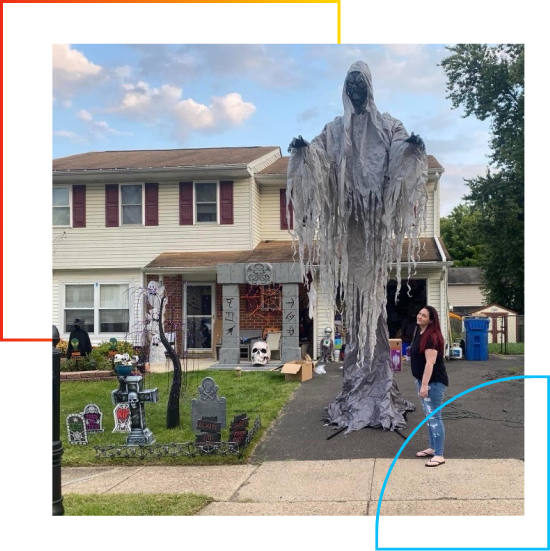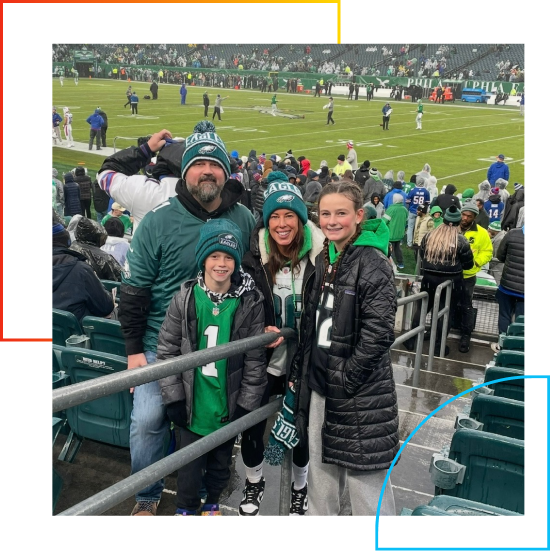Assignments – What’s The Problem?
by Jason LaRocca | Vice President of Operations | Published February 24 , 2025
How do you go about turning a small problem into a bigger one? It just so happens that you can do it pretty easily. It takes years, and then it happens in an instant.
A LOT of work goes into getting a mortgage loan to closing. Reams of talented people are solving lots of different problems along the way. Applications are filled out by borrowers, and a parade of paper work needs to be compiled and submitted, so it can be pored over by mortgage companies and banks who will be approving the loans they make. Underwriting analyzes risk, defining criteria that ensure only the best possible decisions are made. Title companies dive deep into the history of a given property, ensuring that the prospective lien is free and clear of any title defects. Settlement agents handle the big day when pen is put to paper. Post- closing machinery kicks in afterward, with custodians safe-keeping the collateral documents, and servicing entities making sure the day-to-day and month-to-month and year-to-year needs of a closed loan are met. This is also when transactional decisions start to be made. Will a set of loans be pooled and sold on the secondary market? Will they be service-transferred? Mortgage loans don’t stop moving after they close. The problems don’t go away, they just change. Every time a loan changes hands, evidence of that change needs to become part of the history of that loan.
That’s where the assignment of the security instrument comes in.
Given the number of people who “own” a mortgage loan from beginning to end throughout its transactional history, completing and recording an assignment of security instrument in the proper jurisdiction seems like just a very small piece of a much bigger puzzle. An assignment is most often just a couple pieces of paper amongst thousands of pieces of paper that make up the credit and collateral file documentation. It seems like a problem easily solved in the grand scheme of things. It will get done – maybe through an assignment team, maybe through a vendor or an attorney – and the wheel will keep on spinning. It may take some time, it may get put off, and it may not get completed until it’s REALLY needed. But eventually, it will happen. You have lots of problems, but an assignment isn’t one.
Until, in an instant, it is.
Like a lot of things in life and in business, compounding goes to work and cuts its own checks. You see, most mortgage loans don’t change hands just once. They can change hands many times over the history of a loan. Each time the loan changes hands, an assignment of the security instrument should evidence the change. The history of that loan should potentially include a series of assignments, forming a nice long unbroken chain from the originating mortgage lending entity to the current one. Or, as we like to call it in our business, a nice clear “unbroken” assignment chain.
So what happens if you don’t get the assignment chain correct? The better question to ask is what DOESN’T happen. You don’t get to sell the loan on the secondary market, or if you do, you don’t get to sell it without repping to the purchaser that you will “fix” the break, even if the company who needs to sign that document may have disappeared ten years ago. You don’t get to foreclose on a non-performing loan without spending more money with your attorney, who will need to file accordingly in order to “fix” the break in some fashion. You may not receive important notices from the respective counties where the property is located that may be important to maintaining the integrity of your loan. You don’t get a clean title report from a vendor who runs title. Do all of these issues have ways in which they can be fixed? Of course, but that’s the point – you’ve taken a smaller problem and turned it into a bigger one. And the worst part of all of this is that the problem often isn’t identified until the fix is needed immediately, or in a very short period of time.
So how do you ensure you have the assignment chain correct when it matters the most? Some of it is sheer diligence – working in tandem with the transactional changes in order to make sure you aren’t “falling behind” the curve and paying for it later. Often this is easier said than done, because different priorities can take precedent. But the best way to ensure you don’t turn a small problem into a bigger one hearkens back to what I talked about at the beginning of the whole mortgage loan process itself. You need to be able to call upon a talented group of people who have the ability to solve an integrated but diverse set of problems.
One of our focuses at Grid151 is to be an end-to-end service provider with lots of relevant expertise throughout the various piece of our process. This is especially relevant to assignment chains. We can easily run title on thousands of loans and analyze those loans for any number of title defects (including breaks in the assignment chain). We can turn those assignment breaks over to a team of post- closing experts that are second to none in the industry, with a unique expertise within the vendor space built on a team with ACTUAL mortgage experience, not just vendor experience. Fixing these issues requires correct identification of the problem, and then having a team you can call on with the relationship and industry expertise to maintain up-to-date contact lists while working through compacted timeframes to obtain documents with an understanding of the way the secondary market and mortgage transfers work. Identify, analyze, contact, solve, and repeat again and again. At scale and on time.
That’s how your big problems can become small problems again.

















